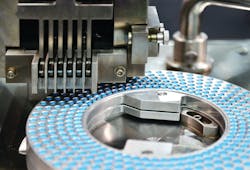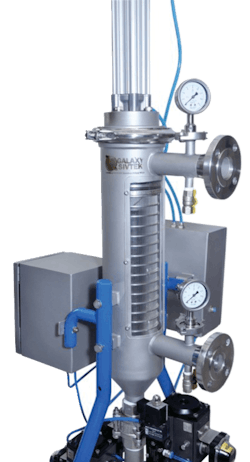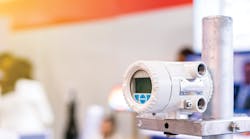The pharmaceutical industry is bound to research and development (R&D), manufacturing and marketing medicines. Thus, its importance as a global sector is guaranteed. In 2014, overall pharmaceutical revenues crossed $1 trillion for the first time. North America plays a major role for the biggest portion due to the U.S. pharmaceutical industry, but the Chinese pharmaceutical industry has also publicized top-notch growth rates in earlier years.
Branded and patented drugs make up the biggest share of pharmaceutical revenues. One famous medicine Humira, an anti-inflammatory drug, generated $20 billion worldwide revenue in 2018. Oncologic is also in the preeminent therapeutic class in terms of revenue. Cancer drugs achieved nearly $100 billion across the globe.
Compared to other industries, the pharmaceutical industry is largely dependent on its R&D division. A few big pharmaceutical companies invest total revenue of 20% or more in their R&D procedures.
After investing huge amounts, it is mandatory to give a quality product. Before reaching consumers, every drug needs to get U.S. Food and Drug Administration (FDA) approval. Sometimes, companies first get the approval, but cannot maintain it due to the equipment they are using, which may not be well maintained and calibrated.
Every pharmaceutical company using mixers, blenders, vibro sifters or filter must check that all equipment is made under current good manufacturing practices (CGMPs). Every company is constantly upgrading and using the latest technology to manufacture a quality product without any interruption in production time.
Let’s take for example the filtration process of solvents and chemicals in the pharmaceutical industry — how companies previously used conventional filters and how they are adopting new technologies using self-cleaning filters.
When producing biotechnical and pharmaceutical products, solvents and chemicals are important, apart from water. Methylene chloride, acetones and alcohols are the most commonly used chemicals. Because these are all aggressive chemicals, filtration systems must be adjusted to meet the need and the expected filtration.
Filtration using conventional filter
Conventional filters use filter media to filter the solvent and chemicals. Different types of filter media are used per the requirements of the product. Most use a woven material type of cloth, which is made of cotton, silk, wool and synthetic fiber. Compared to wool or cotton, synthetic fibers have more chemical resistance. Selection of the fiber also depends on the physical state and the slurry of chemical constitution.
These conventional filters are suitable to filter the solvents, but the maintenance costs are greater and the filtration process is time-consuming.
After every production batch, filter media must be changed because of a contamination risk. The filter media’s major concern is the opening size of the mesh. Sometimes, syrup viscosity is very high and needs to add pressure to the fiber to filter the material. Because of the pressure, the opening size of the media becomes larger and cannot give consistent output. Also, oversized material may be passed through the filter media.
Another concern with the media is eliminating the cartridges. After every batch, filter media is replaced with a new one, so an inventory of the filter media is needed.
Every time production needs to stop while changing the filter media, production suffers until the new filter media is ready for the next batch.
Filtration using self-cleaning filters
Automation systems decrease disposable waste and labor costs. The main advantage of a self-cleaning filter is reducing the product loss because it runs 24/7 — nonstop without any interruption. It also features a filter control system so once the system is set up, no operator is required to manage it. With this control system, users can set the timing of actuator valves and the movement of piston.
To clean the filter, it should be washed with warm water and flushed out, and then the filter is ready for the next batch. If it runs continuously, there is no need to clean it between the batch. First, finish the production and then wash it with water, and it will be ready for production.
Conclusion
Filtration is important in the pharmaceutical industry, and many companies are using this filtration process for manufacturing — from the production unit to R&D, filtering water, chemical or solvent products. In this process, self-cleaning filters help reduce production waste and minimize production cost. It runs 24/7, which is an advantage over conventional filters. Self-cleaning filters help maintain quality products and minimize time and labor costs.
Vasim Kazi is an author and technical expert in the sieving and filtering technology at Galaxy Sivtek Pvt. Ltd., a manufacturer of vibrating screens, separators and self-cleaning filters to achieve high-quality products and ensure that powders, granules and liquids are free from contamination and foreign particles.



